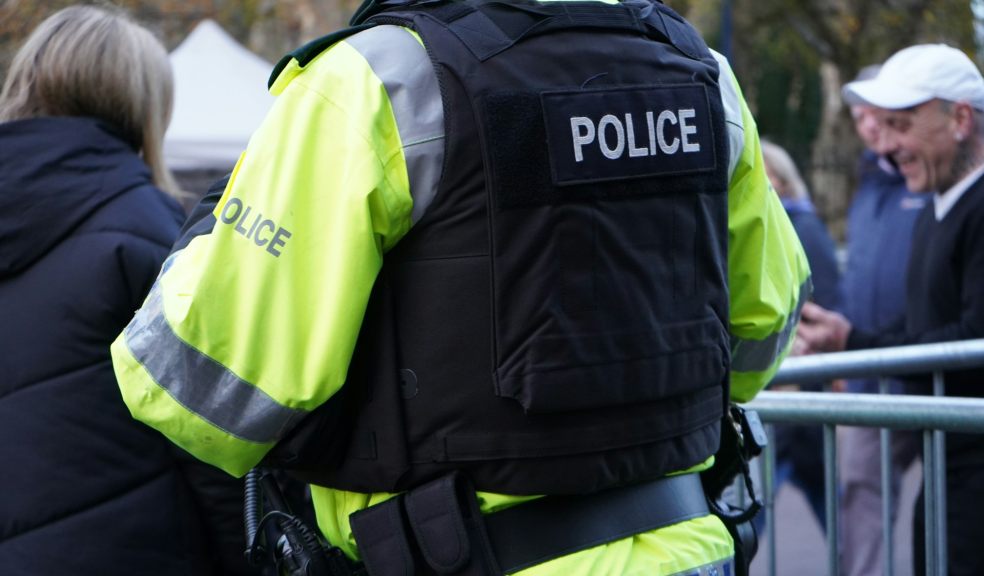
Emergency Services Romance: Can Relationships Survive Shift Work?
Maintaining a healthy relationship can be challenging at the best of times, but for couples where one or both partners work in the emergency services, those challenges are amplified. Whether it’s the unpredictable nature of 999 calls, back-to-back night shifts, or the mental toll of high-pressure situations, police officers, paramedics, firefighters and other frontline workers face unique pressures that can strain even the strongest of bonds.
But is love really impossible under the flashing lights of a demanding schedule? Absolutely not.
With the right mindset, tools, and support systems, many couples in the police and emergency services not only survive — they thrive. In this article, we explore the realities of shift work relationships and offer insights into how those in uniform keep the spark alive.
The Shift Work Strain
Irregular hours are a fact of life for emergency service workers. Long shifts, short notice changes, and missed weekends can take a toll on communication, intimacy, and planning.
“Some weeks we barely saw each other,” says Emma, whose husband serves with the police in South Yorkshire. “By the time he got home, I was getting ready for work or trying to manage bedtime routines with the kids.”
This lack of routine can lead to frustration, misunderstandings, and emotional distance — but it doesn’t have to mean the end of the relationship.
Prioritising Communication
Couples who make it work often say that clear, honest communication is the secret. Whether it's a quick morning debrief or a voice note during a break, checking in regularly helps build emotional connection.
Planning quality time, even if it’s 30 minutes over coffee or a midweek dinner, can make a significant difference. Keeping a shared digital calendar to align days off and plan ahead also helps partners stay connected amidst chaos.
Embracing Flexibility
Adaptability is key in a shift work relationship. Birthdays may need to be celebrated a day late, holidays might be split, and some weekend plans may be cancelled. Recognising that this flexibility is part of the lifestyle — and not a sign of neglect — can reduce resentment and build resilience.
Mental Health and Mutual Support
Working in emergency services often means dealing with trauma, danger, and emotionally draining situations. Partners outside the job may not fully grasp the day-to-day experiences, which can lead to isolation.
Creating a safe space for your partner to talk (or not talk) about work is crucial. Equally, many couples benefit from peer support groups or online communities tailored to emergency service families.
Making the Most of Time Off
When time together is limited, being intentional becomes vital. Even small gestures — a handwritten note, a shared dog walk, or a surprise takeaway — go a long way in maintaining closeness.
Planning short breaks or experiences that bring you together can be powerful. Sites like Police Discount Offers often list exclusive deals on romantic getaways, meals out, and experiences — ideal for couples looking to reconnect without breaking the bank.
Final Word
Emergency services romance is not for the faint-hearted. But it is possible. Many police officers and frontline workers build strong, enduring relationships by embracing flexibility, prioritising connection, and finding joy in the moments they do share.
With intention, humour, and a little help from discounts and downtime, couples can prove that love can indeed thrive under pressure.













